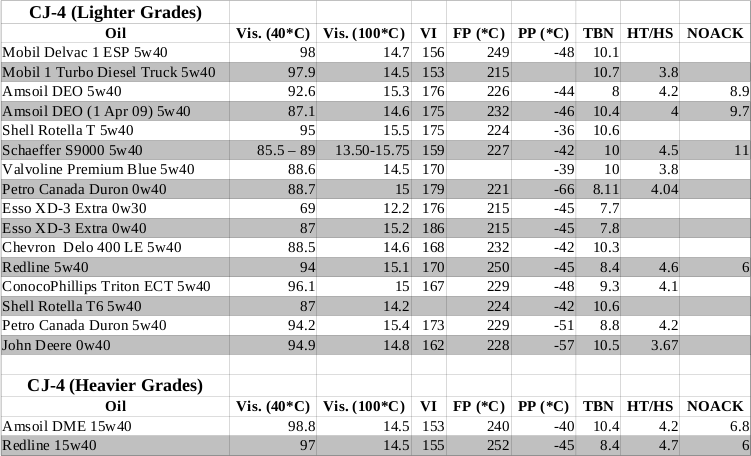I never noticed a difference between oils in my GTP; it's always seen some form of a synthetic 30 weight.
With the Honda, though, I definitely noticed a change. Before it was running bulk dealer dino oil and a Honda filter; this time I went with M1 5w30EP and a M1 filter. The engine is noticeably quieter, especially at 2500+ rpms, and seems to rev more freely as the pedal goes deeper as well.
With the Honda, though, I definitely noticed a change. Before it was running bulk dealer dino oil and a Honda filter; this time I went with M1 5w30EP and a M1 filter. The engine is noticeably quieter, especially at 2500+ rpms, and seems to rev more freely as the pedal goes deeper as well.





